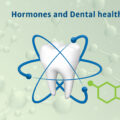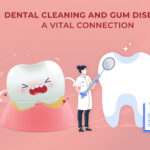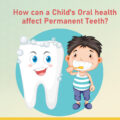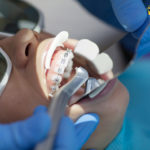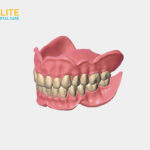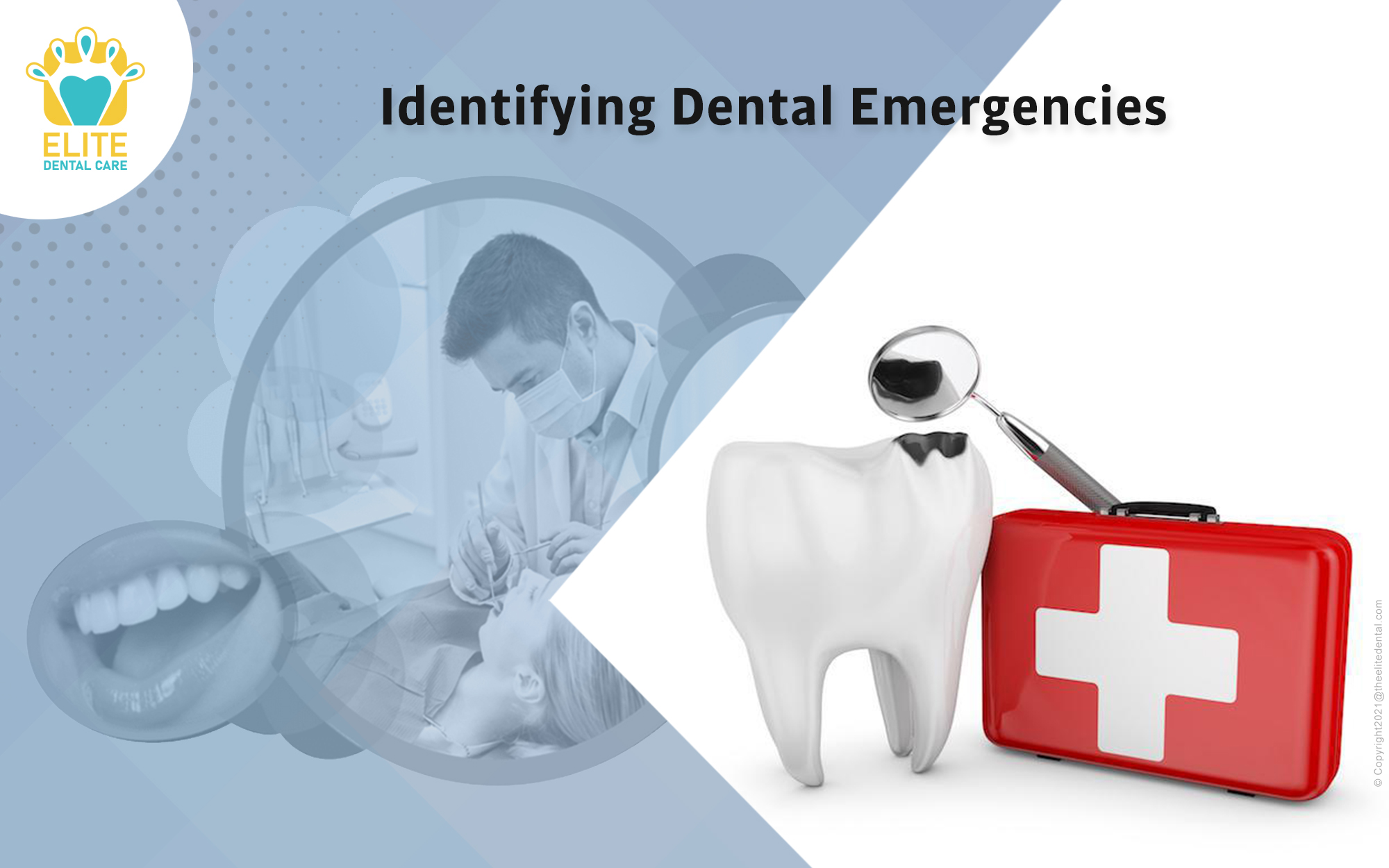
oral health
edental
18 January 2022
How to Identifying Dental Emergencies?
Dental emergencies don’t occur most often, but if they do, you’ll need to visit a dentist. Seeking a dental practice that is accessible at all times of the night or getting a dentist on call could be out of the question, making the emergency all the more pressing.
Dental emergencies may be distressing, as well as a possibly serious condition for your dental health. Allowing dental problems to fester for longer than they should leads to lasting damage to your teeth hence the need for further significant and costly treatment later on. Dental disorders such as damaged teeth, toothaches, lost teeth, or discomfort from a crown may be deemed serious and need quick care.
What Is the Definition of a Dental Emergency?
Dental emergencies are uncommon, and you may have never considered the possibility of them. They are often characterized by the existence of severe injuries or unpleasant signs. A dental emergency is defined as a patient who is unable to eat, speak, or go about their everyday activities properly due to a toothache. The following are some common dental emergencies:
- Teeth that are broken, cracked, or fractured
- Knocked out teeth
- Gum bleeds or aches
- Facial puffiness
- Abscess
- Other types of oral injuries
Identifying Unusual Emergencies and Obtaining Assistance
Identifying an emergency for a dental operation can be difficult, and the list of situations above is far from exhaustive. In general, if you experience mouth discomfort that is affecting your sleep, speech, or eating patterns, you should seek medical attention. It’s also advisable to seek emergency dental care if you have persistent oral bleeding or swelling that is generating unpleasant pressure. Another scenario in which dental crises arise is following a traumatic event. Car accidents, sports, and other forms of trauma are common.
With any medical treatment, it’s often preferable to be cautious than late. If you are having any form of discomfort that you believe should be addressed right away, contact your dentist’s emergency services. Don’t put up with your discomfort when you can obtain treatment.
What should you do if you have a dental emergency?
If you were involved in an accident which has led to oral harm, you should commence by ensuring your own safety. If you’re bleeding, apply gentle pressure to the region to try to halt the flow of blood. If you require immediate medical attention, you should consider going to emergency treatment or the emergency hospital to be assessed by a professional.
Toothaches
Rinse your mouth with warm water if you’re suffering from a toothache. Disperse any food that has become stuck between your teeth by using dental floss. Putting a cold pack to the outside of your teeth might help to relieve soreness. The majority of over-the-counter pain relievers may help reduce your temperature or relieve uncomfortable symptoms.
Abscess
Abscess is a dangerous ailment which originates with an infection. The infection originates around the root of the infected tooth or in the gaps between the teeth. If untreated, the illness destroys the soft tissue around your teeth and can spread to other parts of your body. If you’ve detected unpleasant swelling in your gum area the size of a zit, you should schedule an appointment as quickly as possible.
You may be successful in overcoming the ache by washing your mouth with a salt-water solution, which will aid in the removal of some of the germs. Repeat numerous times over the day until you are able to visit the dentist.
Teeth that have been chipped or fractured
Rinse your mouth with warm water and keep any bits you can gather. Rinse the broken bits and keep them in a secure location so you may carry them with you to the dentist. Apply cotton to the injured region for about 10 minutes, or until the bleeding ceases. A cold compress put on the chip or around the lips surrounding the fractured tooth helps alleviate discomfort and edema.
Tooth avulsion
Avulsed teeth demand quick treatment and therefore should be addressed as soon as possible. If feasible, extract the tooth and rinse it with water to remove any debris. Try putting the tooth back into position, holding it by the crown and making sure it’s in the proper way if you can.
Don’t be concerned if reattachment is difficult; in this situation, place the tooth in a small jar with milk or water mixed with a pinch of salt. Teeth that are restored to their socket by a dentist within an hour after being knocked out have a greater chance of survival.
Keeping dental emergencies at bay
Although injuries are unavoidable, there are precautions you may do to prevent some dental complications. Proper hygiene is the most effective approach to keep your teeth and gums healthy and your mouth away from illnesses that can become serious if untreated. Taking the appropriate vitamin blend might help your mouth and immune system beat away illness. Vitamins A and B encourage healthy gums, and Vitamin C strengthens our immune systems.
Regular checkups and regular cleaning with a qualified dental practitioner are also necessary to avert an emergency. Being attentive of what you eat can aid in the prevention of chipped or fractured teeth.
Using protective gear when participating in high-risk physical activities or sporting activities is yet another precaution against broken, chipped, or loose teeth. Mouthguards can aid in the protection of your teeth from facial damage. You can ask your dentist for a custom-made mouthguard that is fashioned to suit your mouth properly.
Permanent teeth that have become loose
When permanent teeth fall out, there is usually reason for anxiety. While moderate to severe pain is to be expected, teeth might fall loose with no discomfort at all. Teeth loss is frequently caused by diseased gums and periodontal disease, which disrupt the fibers and connective tissues that keep the teeth in place.
Periodontal disease can develop from undiagnosed gingivitis and gum inflammation and potentially lead to tooth loss if goes untreated. When teeth become loose, it is critical to schedule an appointment with your dentist every once and begin urgent treatment to try to save your teeth.
